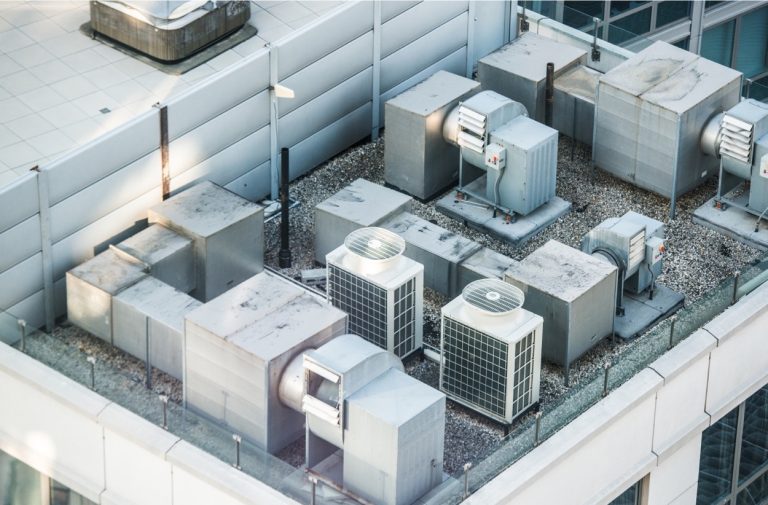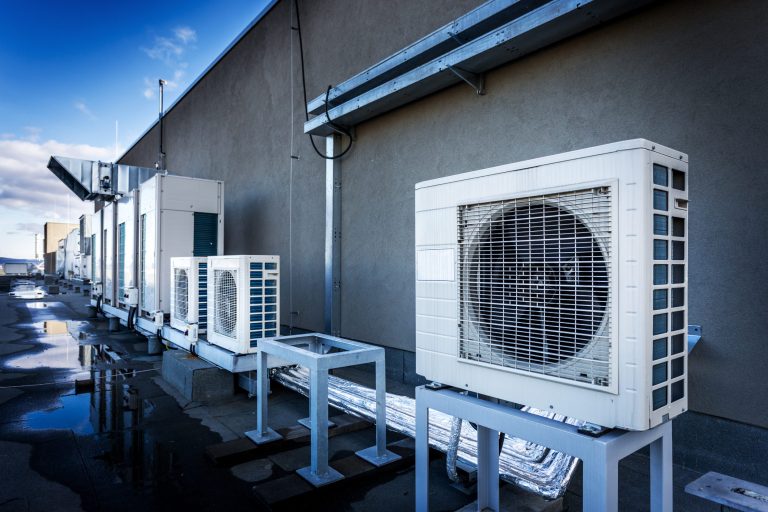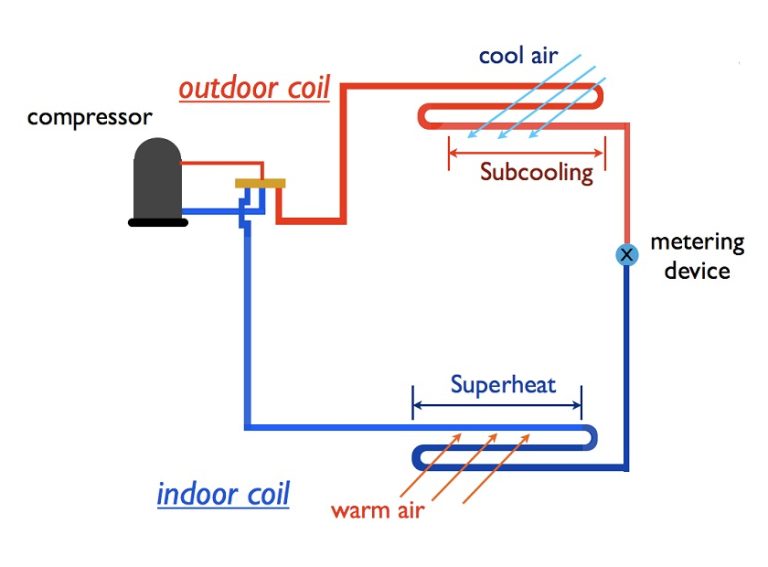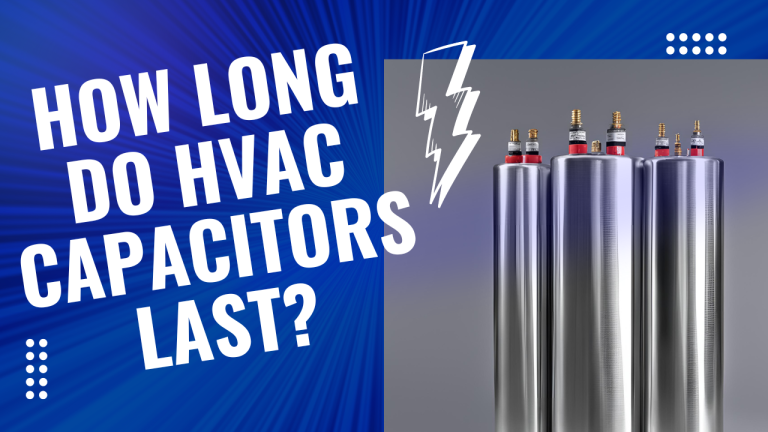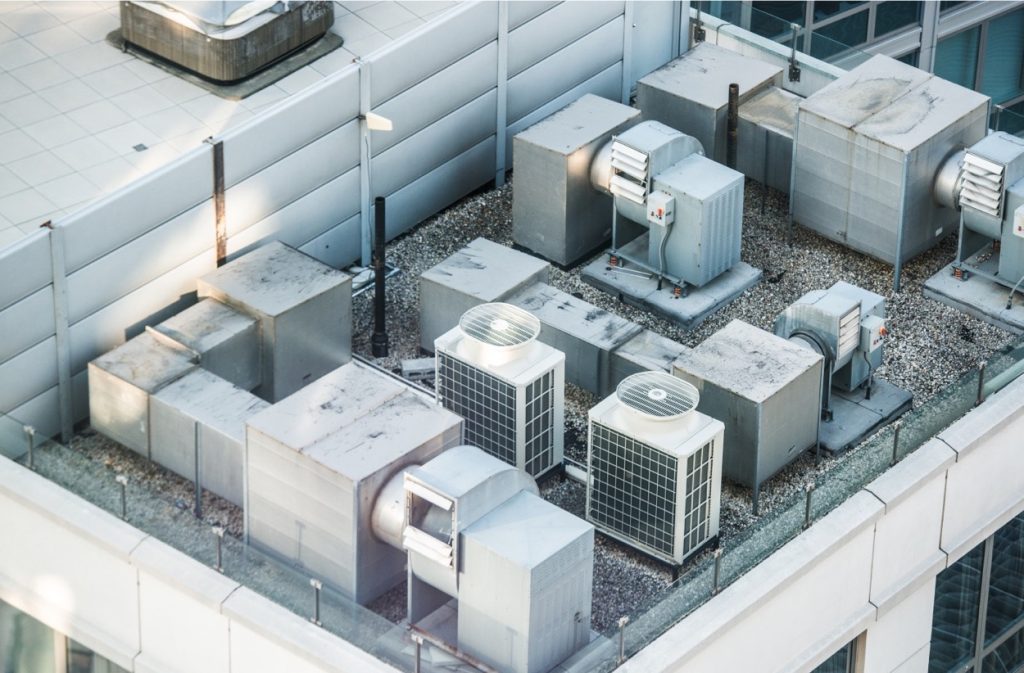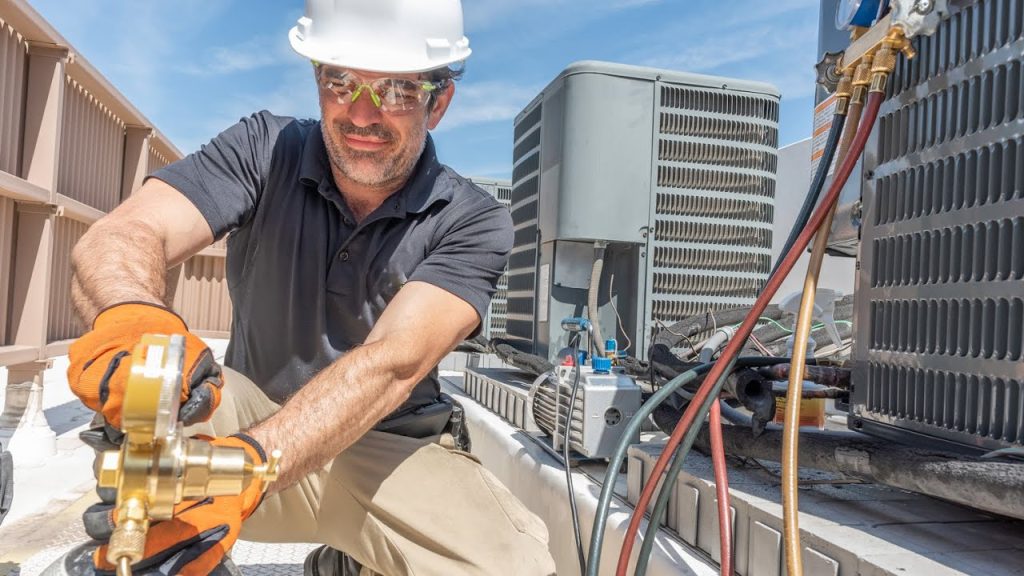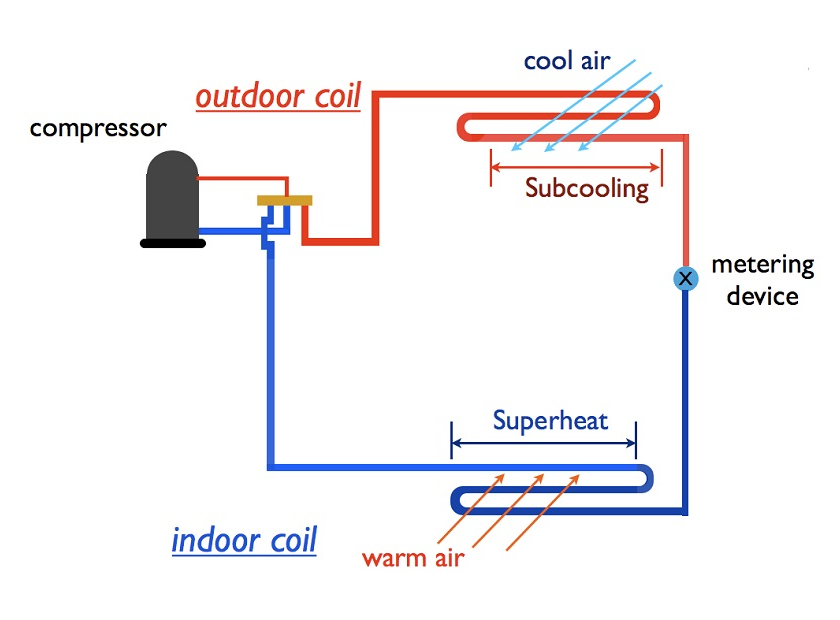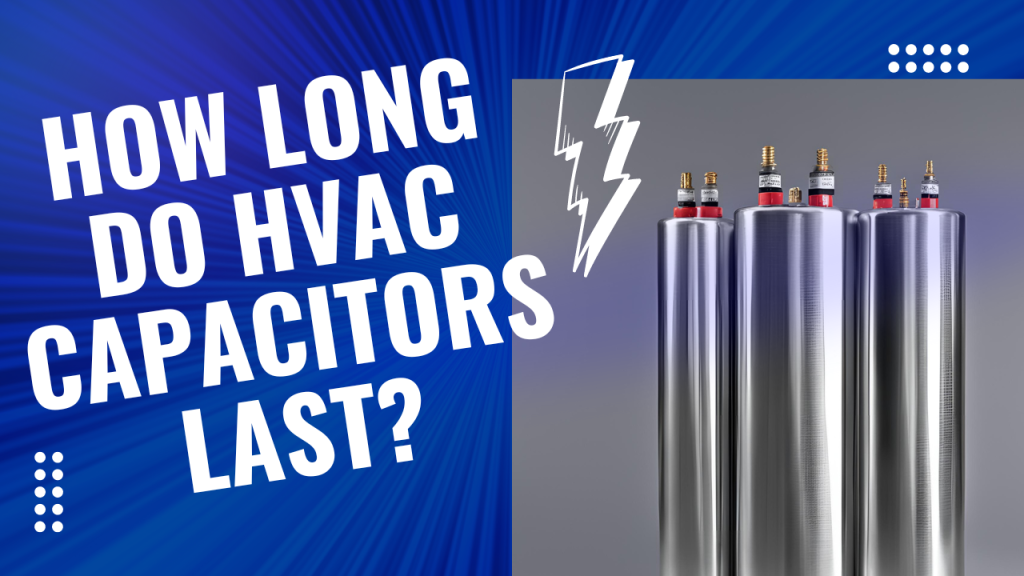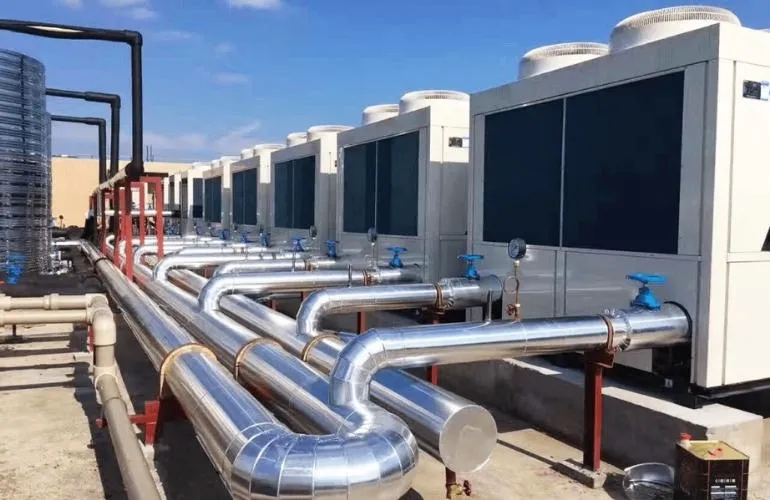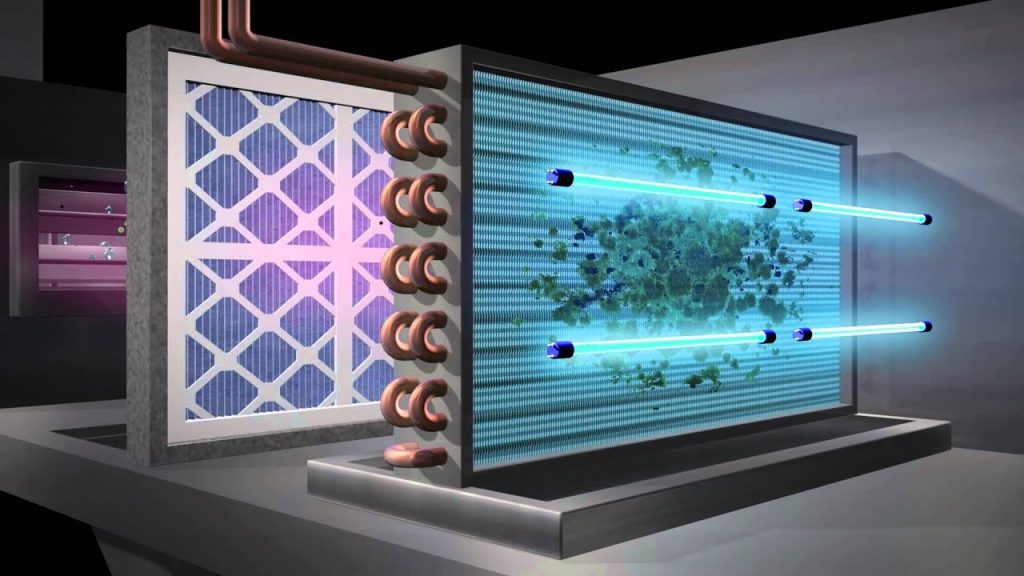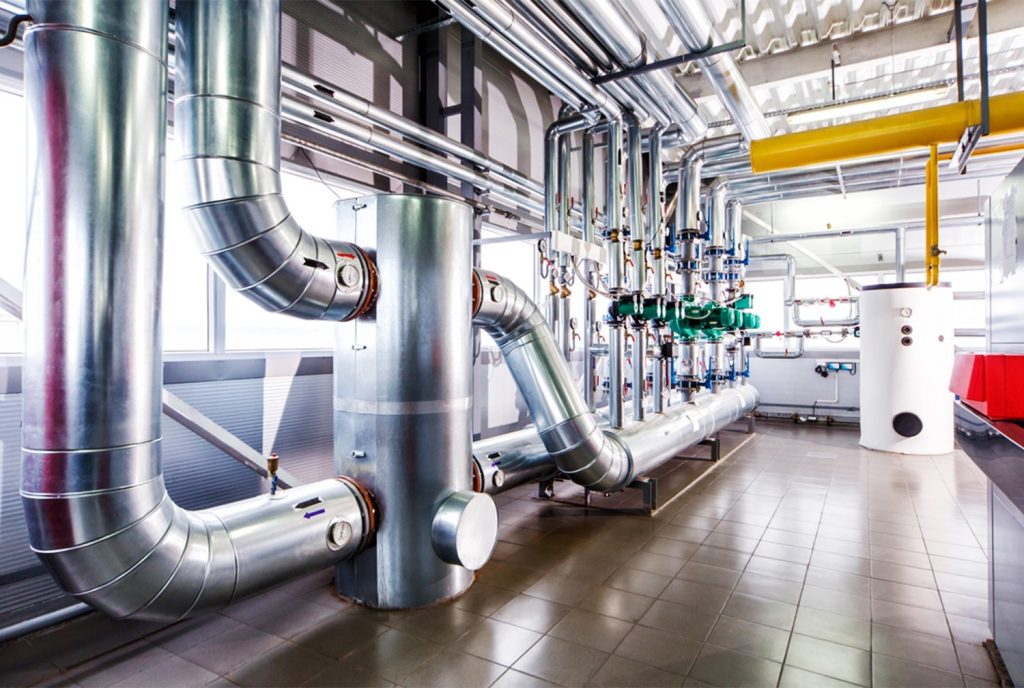Is HVAC a Blue-Collar Job? Everything You Need to Know
If you’re considering a career in the HVAC industry or simply curious about its classification as a profession, you’ve come to the right place. The HVAC (Heating, Ventilation, and Air Conditioning) field plays a significant role in modern living, ensuring comfort, safety, and energy efficiency in homes, workplaces, and public buildings. So, is HVAC considered a blue-collar job?
HVAC (Heating, Ventilation, and Air Conditioning) careers are typically classified as blue-collar jobs. These roles involve hands-on, technical work like installing, maintaining, and repairing HVAC systems in residential and commercial settings. Blue-collar jobs focus on practical skills and are often found in industries such as construction, manufacturing, and maintenance, making HVAC a key part of this category.
HVAC Industry - Blue Collar Job
The HVAC industry focuses on vital systems that regulate heating, cooling, air quality, and ventilation in residential, commercial, and industrial spaces. Without HVAC professionals, maintaining comfortable and habitable indoor environments would be impossible, especially in extreme climates. This essential service extends to installing, maintaining, and repairing these systems, ensuring safety and efficiency.
Today, the role of HVAC technicians goes beyond fixing broken air conditioners or heating systems. They address energy efficiency, comply with strict environmental regulations, and integrate smart home technologies into these systems

Why Is the HVAC Industry Important?
The HVAC industry contributes to both comfort and public health while also reducing energy waste. By maintaining proper ventilation and air quality, HVAC systems prevent the buildup of pollutants, allergens, and harmful gases. Equally important is the industry’s focus on energy-saving technologies, which helps reduce carbon footprints and energy bills.
From homes to large commercial buildings, HVAC professionals carry out critical responsibilities that have a major impact on the quality of life.
A Brief History of HVAC and Its Evolution
Understanding the roots of the HVAC industry provides insight into how far it has come—and where it’s going.
Ancient Beginnings
- Early heating and cooling techniques date back to ancient Rome, where aqueduct systems provided cooled water, and hypocaust systems were used to heat floors in wealthy homes.
- Traditional ventilation systems also existed in ancient Persia, where windcatchers were used to regulate airflow in buildings.
Technological Advancements
- The industrial revolution brought innovative methods of heating and cooling, such as steam-powered radiators and mechanical ventilation in factories.
- The invention of air conditioning by Willis Carrier in 1902 dramatically shaped the industry, leading to a significant focus on comfort and climate control.
Modern HVAC
Today, the HVAC industry operates at the intersection of engineering, sustainability, and cutting-edge technology. Smart thermostats, geothermal heat pumps, and energy recovery systems are just a few examples of how the industry continues to evolve.

HVAC Industry in Different Regions of the U.S.
The HVAC industry varies greatly depending on regional needs and weather conditions in the United States. Here’s a look at its role in different areas.
Southern States
- The hot and humid climate in states like Florida, Texas, and Georgia makes air conditioning critical. HVAC professionals in these areas are in high demand, especially during summer months.
Northern States
- Northern states such as Minnesota, Michigan, and New York see high demand for heating systems during brutally cold winters. Expertise in furnace repair and boiler maintenance is especially valued.
Western States
- Energy efficiency is a significant focus in states like California, where environmental laws encourage sustainable HVAC solutions. Solar-powered HVAC systems and energy-efficient designs are common here.
Midwest
- The Midwest experiences a mix of extreme heat and cold, requiring technicians proficient in both heating and cooling.
By adapting to the specific climate challenges faced in each region, the HVAC workforce ensures residents and businesses maintain comfortable living conditions.

Which Country Needs More HVAC Services?
The United States is one of the top global markets for HVAC services due to its diverse climate, vast infrastructure, and focus on energy efficiency. However, demand for HVAC professionals is growing rapidly in developing countries like India, Vietnam, and Brazil, where expanding urbanization and middle-class growth are fueling construction projects. Similarly, HVAC services are indispensable in regions with extreme weather, such as the Middle East, where state-of-the-art cooling systems are essential.
What Are Blue-Collar Jobs?
To determine whether HVAC qualifies as a blue-collar job, it’s essential to first understand what blue-collar work entails. At its core, a blue-collar job is defined as manual labor often requiring specialized skills, training, and hands-on work. Examples include electricians, plumbers, mechanics, and, of course, HVAC technicians.
Key Attributes of Blue-Collar Work:
- Highly skill-based but often less tied to formal educational degrees
- Practical, hands-on problem-solving
- Frequently focuses on industries like construction, manufacturing, and skilled trades
- Strong emphasis on certifications, apprenticeships, and technical proficiency
What are White-Collar Jobs?
White-collar jobs typically involve office work, non-manual labor, and are often associated with higher education degrees. Examples include accountants, lawyers, doctors, and engineers. They often require specialized knowledge and critical thinking skills.
Key Attributes of White-Collar Work:
- High level of educational attainment
- Analytical thinking and decision-making
- Emphasis on management responsibilities and leadership potential
- Strong focus on computer and technology proficiency
HVAC and Blue-Collar Work
HVAC technicians, as skilled tradespeople, fit squarely into the category of blue-collar jobs. Below, we’ll explore how the technical aspects of HVAC work align with this classification.
Skillsets Required in HVAC
To thrive as an HVAC technician, you need diverse skills, from technical know-how to soft skills like customer service and communication. Here are some of the most important:
- Mechanical Aptitude – HVAC work involves the installation, maintenance, and repair of mechanical systems.
- Electrical and Plumbing Knowledge – HVAC professionals often work with wiring setups or plumbing when installing new systems.
- Problem-Solving Skills – Identifying malfunctioning components and finding effective solutions is a key part of the job.
- Heating and Cooling System Expertise – Technicians must understand how to handle systems that regulate temperature and humidity.
- Technology Proficiency – Smart HVAC systems require knowledge of software and digital interfaces.
These skills not only meet but also showcase the requirements of blue-collar professions—practical expertise and specialization in manual labor.

Blue-Collar vs. White-Collar Jobs
What sets HVAC apart from white-collar jobs? Understanding the core differences between the two types of work can offer more clarity.
Aspect | Blue-Collar Jobs (e.g., HVAC) | White-Collar Jobs |
Education | Often requires vocational training or certifications | Typically requires a college degree |
Work Environment | Manual or physical work, sometimes outdoors | Office-based, less physically demanding |
Income Potential | Competitive salaries with opportunities for overtime | Salaries often tied to experience and education |
Career Path | Apprenticeships and hands-on training | Promotions often tied to academic credentials |
Job Security | High demand, especially for tradespeople with specialized skills | Depending on the industry, may fluctuate |
Both career paths have unique advantages, and the decision often depends on individual strengths and preferences. Blue-collar jobs like HVAC offer job stability, particularly during periods of infrastructure development and extreme weather.

Socioeconomic Contributions of Blue-Collar Jobs
Blue-collar jobs, including HVAC roles, are the backbone of many economies. These skilled tradespeople play a vital role in maintaining infrastructure, powering industries, and ensuring the smooth functioning of everyday life. The HVAC industry alone generates billions of dollars annually in the United States, creating jobs and contributing to GDP growth.
For individuals, blue-collar careers offer opportunities for financial security without requiring the high costs of traditional college degrees. HVAC technicians often earn competitive salaries, particularly as demand in this field continues to soar.
Addressing Misconceptions About Blue-Collar Work
Despite their contributions, blue-collar professionals often face unwarranted stereotypes. HVAC technicians in particular are sometimes underappreciated for their expertise. Addressing these misconceptions involves recognizing the value of skilled labor and its impact on everyday life.
Here are common myths debunked:
- Myth – Blue-collar jobs don’t require education.
Reality – HVAC technicians undergo extensive training, certifications, and sometimes apprenticeships.
- Myth – Blue-collar jobs don’t pay well.
Reality – HVAC technicians can earn above-average salaries, especially with certifications and experience.
- Myth – Blue-collar jobs are outdated.
Reality – HVAC now integrates cutting-edge technology like automation and smart homes.
The Future of HVAC and Blue-Collar Work
With rapid advancements in technology, the HVAC industry continues to evolve, creating new opportunities for skilled workers. Smart home systems, IoT devices, and AI-powered energy management tools are shaping the future of this profession.
Emerging Trends in HVAC:
- Energy Efficiency – A growing emphasis on sustainable HVAC systems, such as geothermal heating.
- Automation – Artificial intelligence and IoT integration in HVAC controls.
- Educational Accessibility – Online training programs and certifications are making this career more accessible.
The U.S. Bureau of Labor Statistics projects significant growth in HVAC jobs, ensuring long-term demand for technicians who adapt to new technologies.
Final Thoughts
The HVAC industry is not just a blue-collar job—it’s a vital, rewarding career that offers stability, growth, and the chance to contribute to modern living. For aspiring HVAC technicians or career seekers, this field represents the perfect blend of practical skills and opportunities for upward mobility.
Are you ready to kickstart your HVAC career? Explore training programs today and be part of an industry that combines skill, technology, and purpose.

